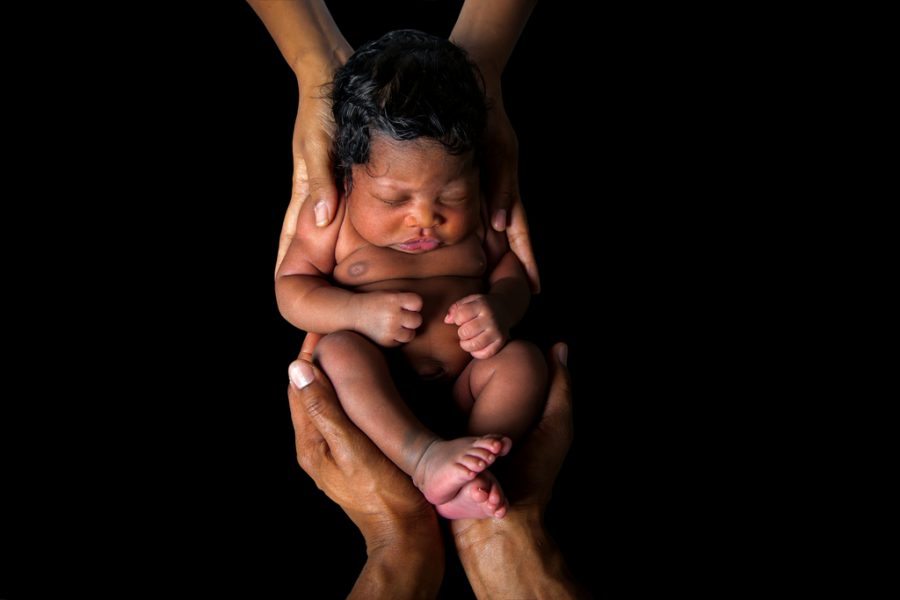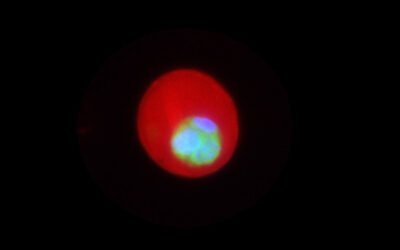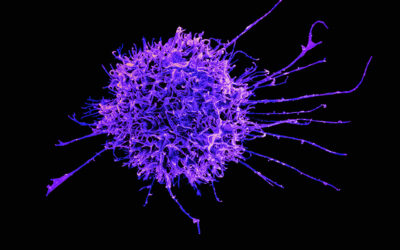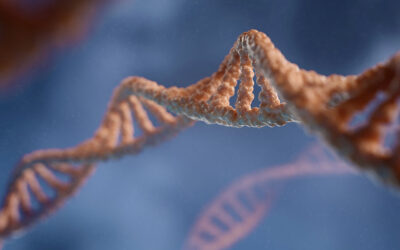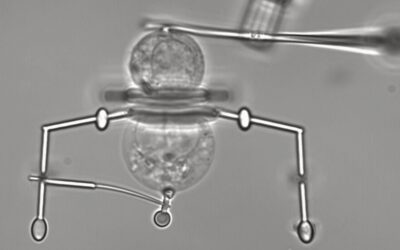Photobiomodulation (PBM) is the application of light for biostimulation of processes already performed by the cell. At high irradiation, however, light can damage cells and inhibit growth, which indicates that optimal light dose is an important parameter to achieve the expected effect. These opposite effects show the importance of understanding the mechanisms and parameters involved in the application of light in biological samples.
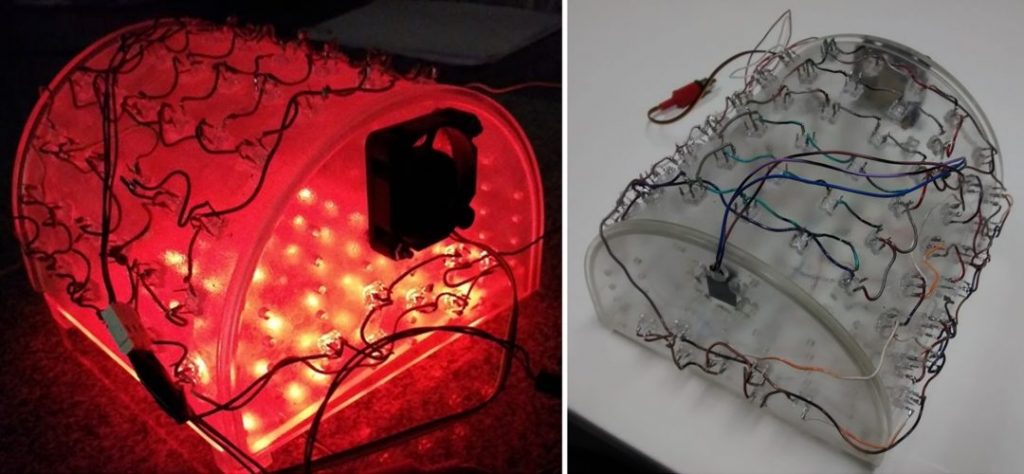
Illumination prototype for the light chamber of newborn rats with heating and ventilation systems. The light can be used in the treatment of diseases, with purposes other than PBM.
The possibility of therapies with the light application is important for the treatment of human newborns with incomplete formation, often the case with premature babies. The correct application of PBM can be a great step toward guaranteeing the healthy growth of premature babies, which would likely result in a decrease of fatalities or complications.
A recent study has demonstrated the potential use of PBM on the development of newborn rats using illumination at 630 nm and an established protocol. The team of scientist from the University of São Paulo in Brazil see also positive indications that the photobiomodulation application is secure for premature newborn human babies.
“The introduction of a safe and effective technology in the development of these newborns meets the needs of health systems. Because light can accelerate natural biological processes and is already used to treat some newborn diseases, such as jaundice, its use in embryonic development and newborns can directly help [premature babies] in hospitals,” says team member, Hilde H. Buzzá.

